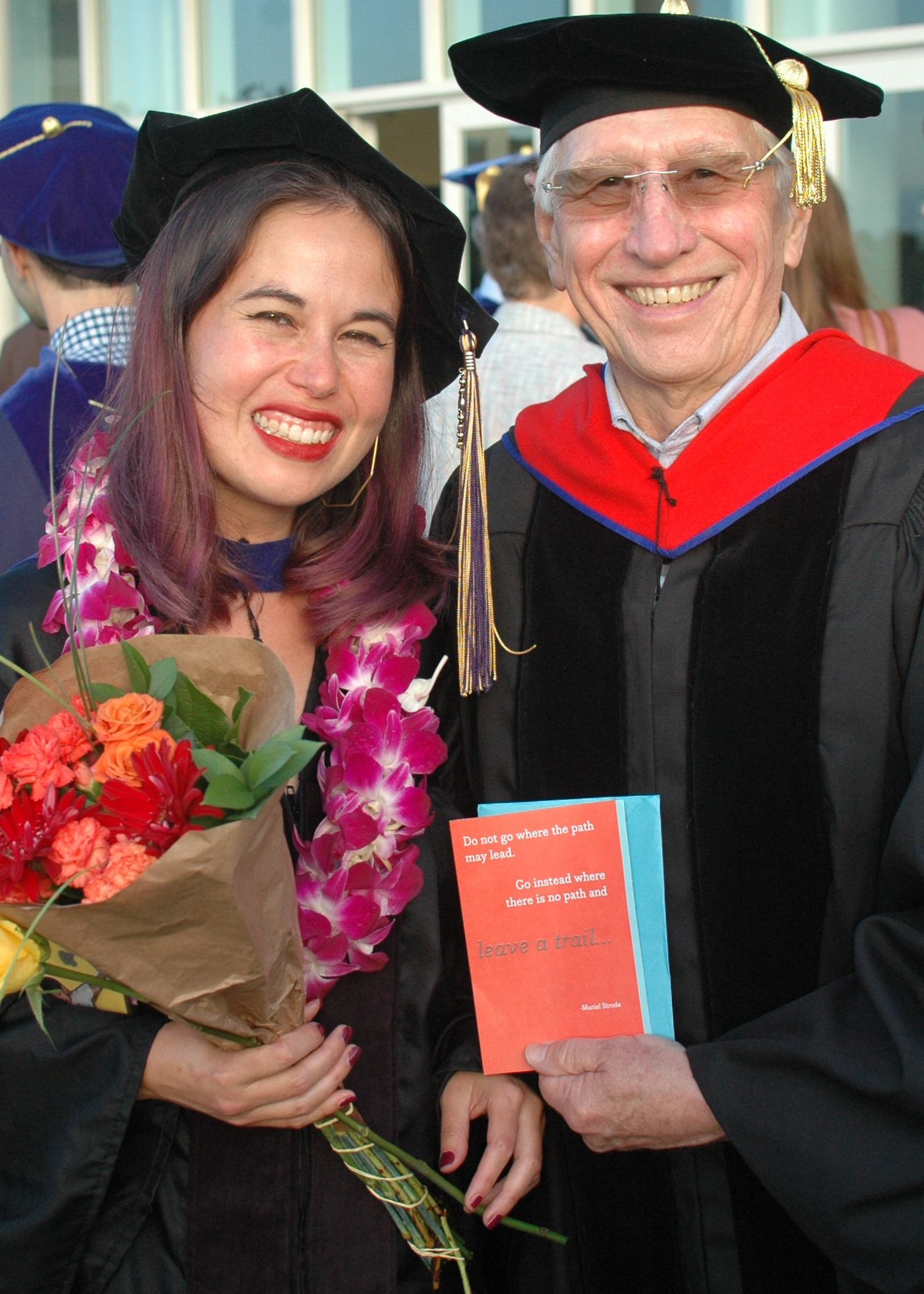 With co-mentorship provided by Dr. Grant and his colleague Dr. Erin Morgan, Wei-Ming Watson built an impressive record of research examining the role of trauma/stress on cognition, mechanisms of ethnic/racial cognitive disparities, and the complex influence of cannabis/cannabinoid exposure on cognitive health. Her dissertation research revealed that modest exposure to cannabis was associated with improved neurocognitive function among those with HIV, and that this was associated with lowered pro-inflammatory cytokines in CSF but not plasma, thereby supporting the idea that cannabis may have anti-inflammatory properties in the CNS. Her work also revealed that among older adults with HIV, while current occaisonal use (weekly or less) related to better cognitive function, recent THC exposure was associated with a temporary decrement in memory. In these ways Watson’s work emphasizes that whether cannabis might have negative, neutral, or positive effects on brain function very much depends on age, acuity of use, and whether there is an underlying condition for which cannabis might have medicinal value.
With co-mentorship provided by Dr. Grant and his colleague Dr. Erin Morgan, Wei-Ming Watson built an impressive record of research examining the role of trauma/stress on cognition, mechanisms of ethnic/racial cognitive disparities, and the complex influence of cannabis/cannabinoid exposure on cognitive health. Her dissertation research revealed that modest exposure to cannabis was associated with improved neurocognitive function among those with HIV, and that this was associated with lowered pro-inflammatory cytokines in CSF but not plasma, thereby supporting the idea that cannabis may have anti-inflammatory properties in the CNS. Her work also revealed that among older adults with HIV, while current occaisonal use (weekly or less) related to better cognitive function, recent THC exposure was associated with a temporary decrement in memory. In these ways Watson’s work emphasizes that whether cannabis might have negative, neutral, or positive effects on brain function very much depends on age, acuity of use, and whether there is an underlying condition for which cannabis might have medicinal value.
Completing her clinical geriatric neuropsychology internship at the VA Palo Alto Health Care System, Dr. Watson will be entering a postdoctoral fellowship at the University of California, San Francisco’s Memory and Aging Center. Unquestionably we shall be hearing of her many positive contributions as her career progresses. Congratulations, Wei-Ming!







